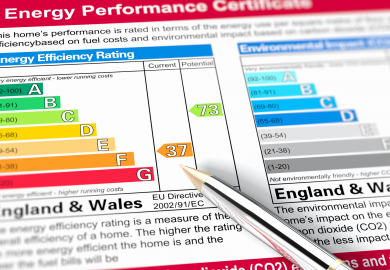For assured shorthold tenancies, there are two types of notices that can be served on a tenant requiring them to give up possession of the property.
Section 21 Notice
Section 8 Notice
Please note, if you have taken a deposit for the property and you have not protected the deposit and served the prescribed information within the required period, any Section 21 notice you serve will be invalid. We can provide further advice and assistance to help you remove your tenant in these circumstances.
Section 21 Notice
A Section 21 must give the tenant at least two clear months’ notice to vacate, not eight weeks which is a mistake often made and must be made in writing. For all tenancies (even those granted on or after October 1, 2015), there are requirements with which you must comply before you can serve a Section 21 notice.
Section 8 Notice
A Section 8 notice is most commonly used in cases of rent arrears, but can be used in other circumstances, for example, antisocial behaviour or other breach of tenancy.
It can be issued using a number of grounds which are detailed in Section 8. They appear in Schedule 2 to the Housing Act 1988. Grounds 8, 10 and 11 are the main grounds, and the wording of each must be specified in the notice.
When to serve a Section 8 Notice
It is best to use a Section 8 notice when the tenant is two months or eight weeks in arrears.
Once served, a Section 8 notice gives the tenant two weeks to vacate the premises or pay the arrears before proceedings for possession can be issued.
In our experience, the tenant rarely pays after a Section 8 notice is served, and possession proceedings usually follow.










